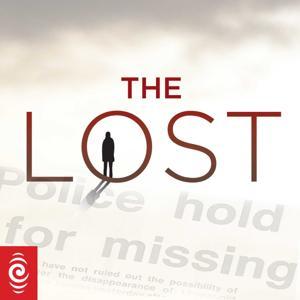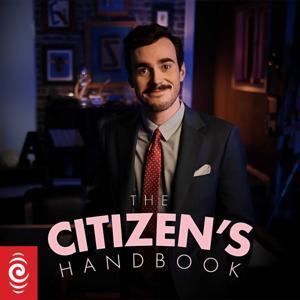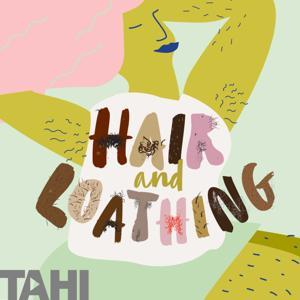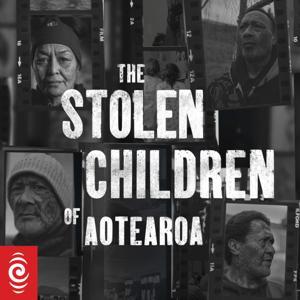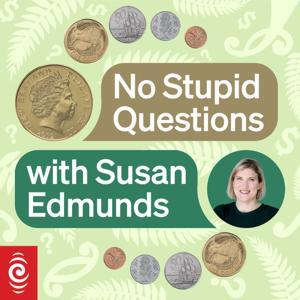Melana Khabazi's passion for dance has seen her travel the world and helped her find her place in it - Aotearoa.
"I think dance is amazing and an outstanding way of expressing yourself. The plan wasn't to go and stay here, the plan was to study, and go back to Russia, but obviously that didn't happen."
Listen to the story here
Subscribe to Voices for free on Apple Podcasts, Spotify, Stitcher, Radio Public and iHeart Radio or wherever you listen to your podcasts.
Ten years ago, Melana Khabazi and her sister Marika moved here as teenagers to study. Melana was just 16-years-old.
The youngest of three girls, Melana was born in Georgia in 1993, two years after the country broke away from the Soviet Union.
"Our parents never told us much about what happened but from what I know it was a tough time. It's almost an unspoken something that we didn't really talk about," says 26-year-old Melana.
Her mother is a lawyer, and her father used to be a dancer and a choreographer in Georgian National Dance.
"Georgian dance is quite powerful and strong, basically a folk dance that is quite famous and popular," she says.
Compulsory military service saw her father Guram move from Georgia to Ulan-Ude, a city in Russia's Siberia, and where he met Melana's mother, Olga.
"My mum left everything and she moved to another country with my father which is quite amazing because obviously it's a whole different culture, different people, different language. She was on her own. She has to adjust and live there, but I know that it was quite tough times," she adds.
But in 1995, when Melana was two-years-old the family returned to her mother's home in Ulan-Ude, in Eastern Siberia. It's where the deepest lake in the world, Lake Baikal is.
"Ulan-Ude is part of Siberia. If you want to do the Trans-Siberian railway, you will go through my town," says Melana.
It was a melting pot of nationalities in Ulan-Ude, and Melana was no stranger to being around people from diverse backgrounds and ethnicities.
"Growing up it was a norm for me - so many different people, so many different cultures..' it was interesting and I accepted it all," says Melana.
The joy she got from expressing herself through music and movement began when she started school.
"Me and my sister we went to a gymnasium, which is not a normal school, it's basically like an arts school, so you learn dance, you learn music and you learn theatre," she adds…
Go to this episode on rnz.co.nz for more details

























